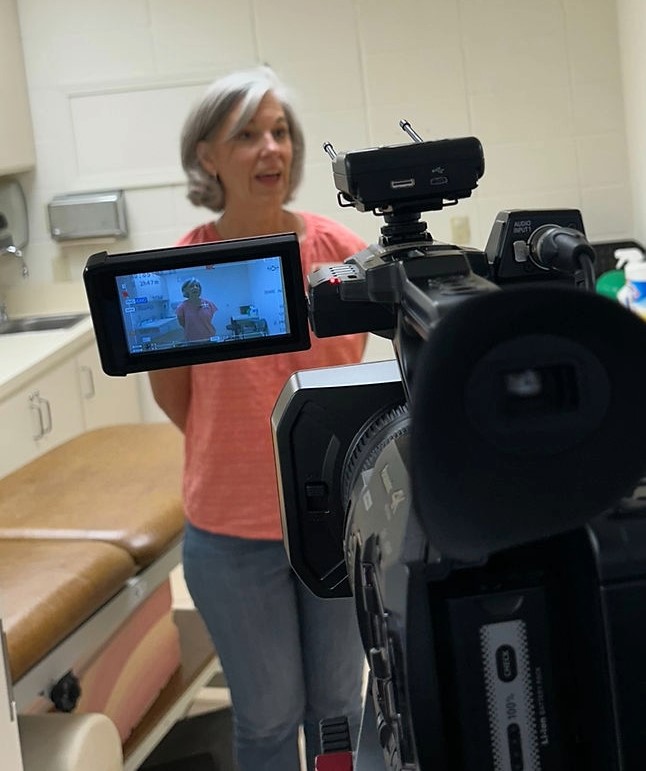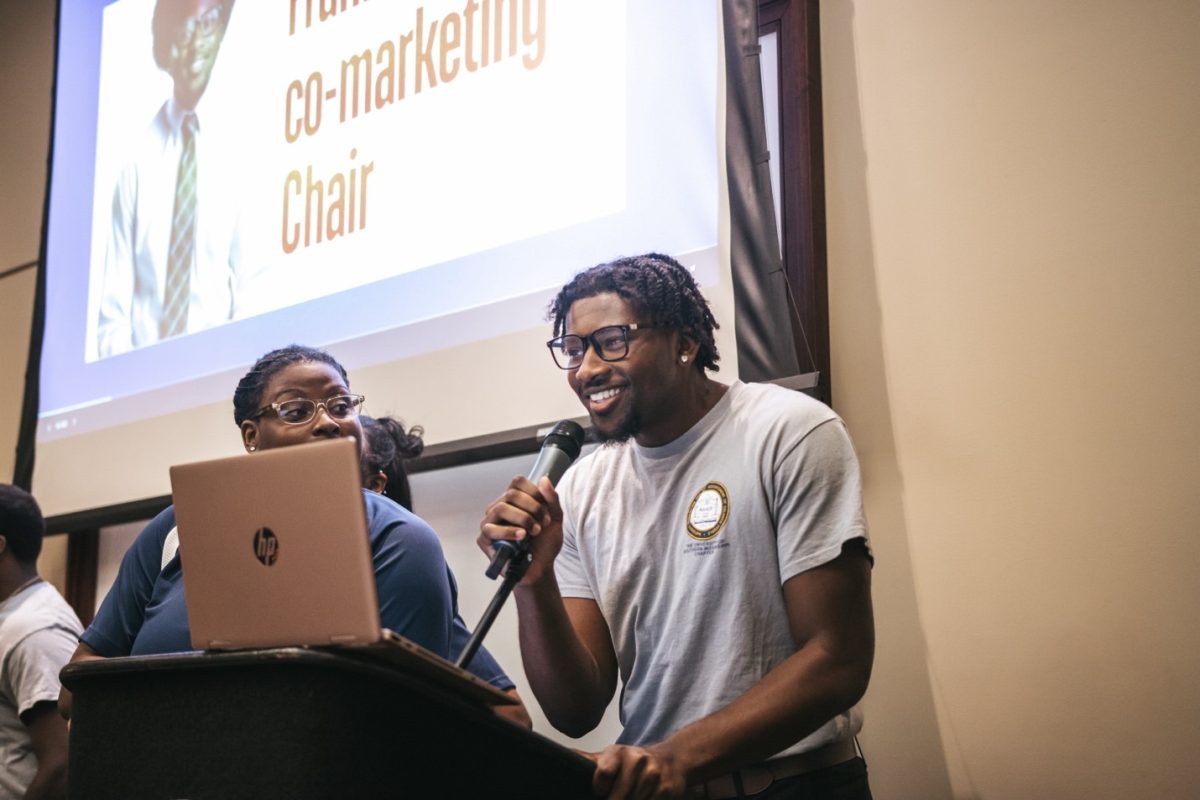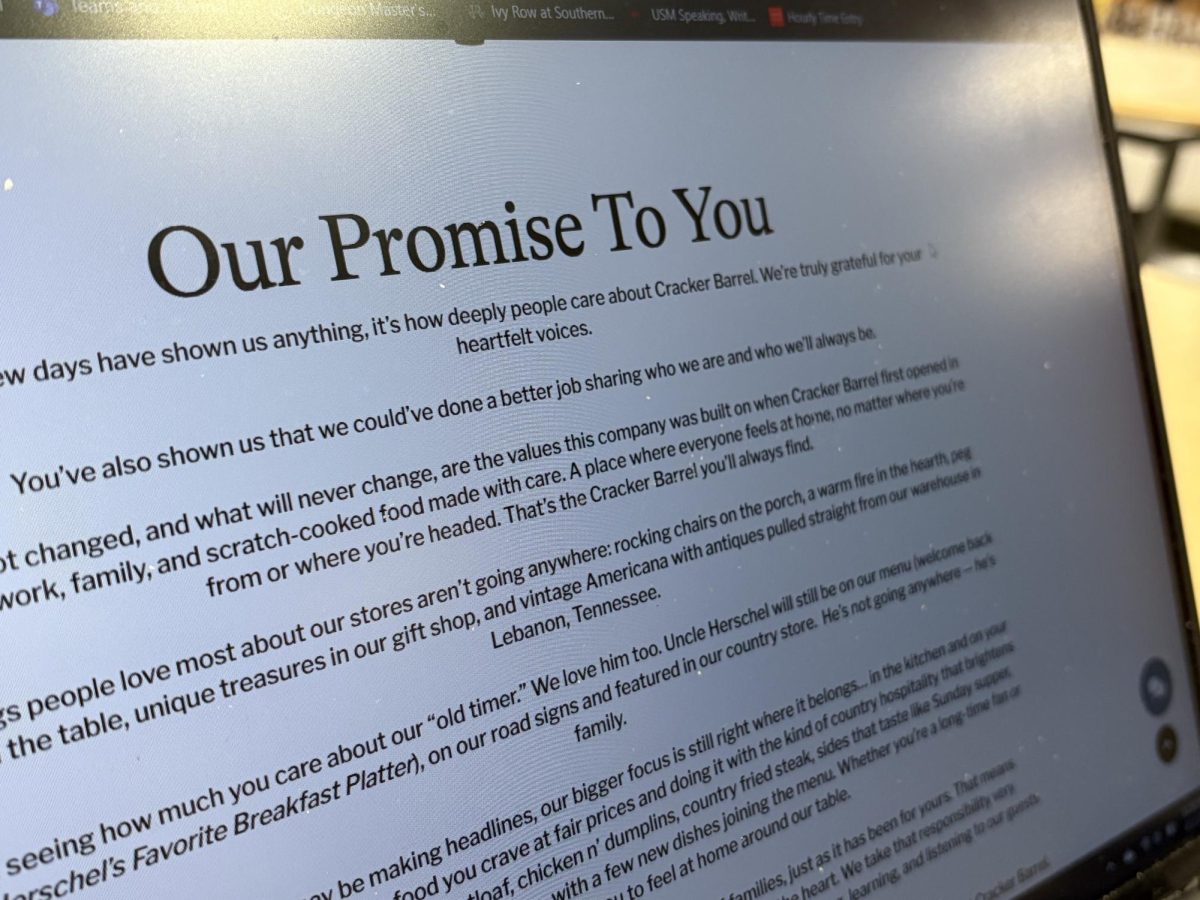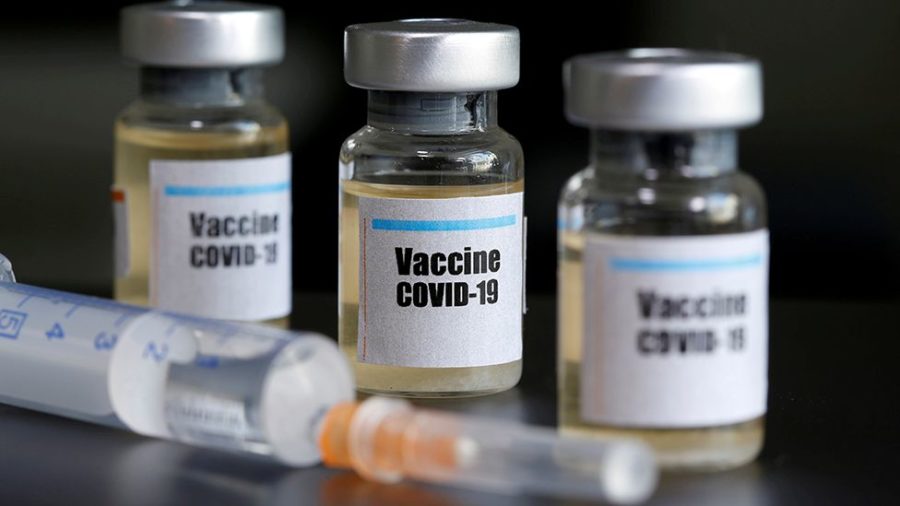Freshman biological science major RJ Palmer enjoys college life at The University of Southern Mississippi. Taking his first semester in stride, he has joined student organizations and stuck to set priorities.
Near midnight on a brisk November day, having finished reading for his “really cool” anthropology 101 course, Palmer logged out of a computer in the Cook Library Learning Commons and prepared to walk back to his Wilber Hall dorm room. As Palmer wrapped up, a seemingly weary student a few seats away sat back in a faux-leather computer chair for a prolonged session of video streaming.
According to a 2013 survey of 1,500 streaming subscribers, Netflix found bingeing has become a normative viewing method for users, with 61 percent reporting to have binged.
Keith Hill, iTech operations and infrastructure director at USM, said it is not unusual for services like Netflix and Hulu to rank near the top of bandwidth consumption on the university’s network. For a period demarcated Nov. 16 at noon and Nov. 17 at 4 p.m., iTech reported Netflix ranked seventh in bandwidth consumption with 109,832 connections transferring nearly 200 gigabytes of data.
Like many students, faculty and staff on campus, Palmer, too, has occasionally spent downtime bingeing on a favorite show.
“There was an instance during my summer break that my mom and I watched 10 consecutive episodes of ‘Supernatural,’” Palmer said. “We didn’t really go into it with the intention of actually watching the 10 episodes back to back, but, after like a couple episodes, we would say, ‘Maybe we could watch one more.’”
As media bingeing becomes the norm, interest in the health consequences of binge- watching has grown, and social researchers have turned their attention to address the burgeoning trend.
Binge-watching research was still in its infancy in 2012 when Siena College student researcher Chad Bingo and marketing professor Raj Devasagayam began studying the potential effects of the practice.
Bingo said terms like “marathoning”and“weekending” harken back to the days of VHS and DVD box sets. However, he and Devasagayam first became interested in the binge-watching phenomenon following the release of the Netflix original series “House of Cards.” Among their observations, Bingo said they found that with original programming like “House of Cards,” services like Netflix exclude recaps from the beginnings of episodes and structure programming to hook viewers, which, along with incorporated auto-play functions between episodes, encourage continuous watching.
“Media bingeing itself has been around—it just hasn’t come to life until the last couple years, because now it is becoming the (preferred) method of viewing,” Bingo said. “And as I mentioned in the report a couple times, Netflix, Hulu, Amazon Prime— they’re all pushing for this type of series because it’s more effective.”
After honing its focus through a survey of 550 respondents, the researchers explored bingeing activity through a series of focus groups. In their report, “Media Bingeing: A Qualitative Study of Psychological Influences,” Bingo and Devasagayam noted potential negative mental health effects of binge-watching and concluded the study’s focus groups provided preliminary evidence to suggest binge- watching can be both addictive and dependence forming. However, the study noted further quantitative research was necessary to generalize their findings.
“We’ve had a couple people in our focus groups say they wouldn’t renew their Netflix subscriptions until they were done with their semester in college—or they wouldn’t start a show until they finished their exam,” Bingo said. “They were limiting themselves on purpose, because they knew if they started watching the show, they would just be hooked, and that’s all that they would be thinking about.”
Since 2014 when the Siena College study was released, subsequent research has indeed come to similar conclusions. A month before the release of the most recent “House of Cards” season in February, University of Texas doctoral students Yoon Hi Sung and Eun Yeon Kang and professor Wei-Na Lee announced they found binge-watching can be addictive, having surveyed 316 participants aged 18 to 29. Furthermore, they found binge-watching may be used as an escapist strategy to avoid negative feelings for those who feel depressed or lonely.
Mental health counselor Matt Quin of USM Student Counseling Services said avoidance behaviors are common with depression and anxiety. He said if students are concerned with their media consumption habits, the university’s mental health services can help them take stock of any mental or physical health consequences and treat their under issues.
“Binge-watching specifically is a negative skill, because any time it causes you to put off something that needs to be addressed, then it can cause procrastination,” Quin said. “It can cause a student to be more anxious about a problem.
“And then that anxiety causes them to feel more depressed about the problem, isolate from their friends and from their family, not go to class. Therefore, they’re more behind, and it creates this snowball effect, and the mental health problems just worsen and deepen because of it.”
Quin said depression, in addition to anxiety and academic and relationship problems, is one of the top reasons students get counseling from Student Counseling Services, and he recommends students seek help sooner rather than later if they are having problems.
“All of the mental health services here at USM are free, and they will always be free as long as you’re here,” Quin said. “I just recommend asking—that will be the hardest part. After that, it gets easier.”
For more information, visit the USM Student Counseling Services website, or call them to schedule an appointment at 601-266-4829.































